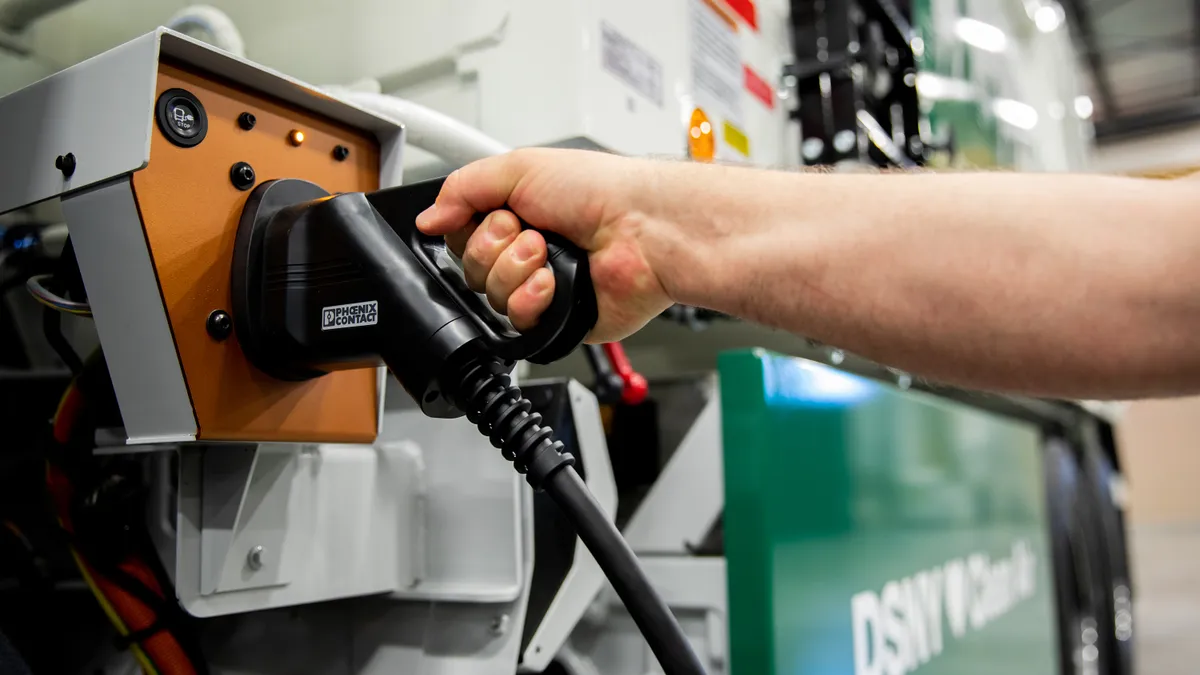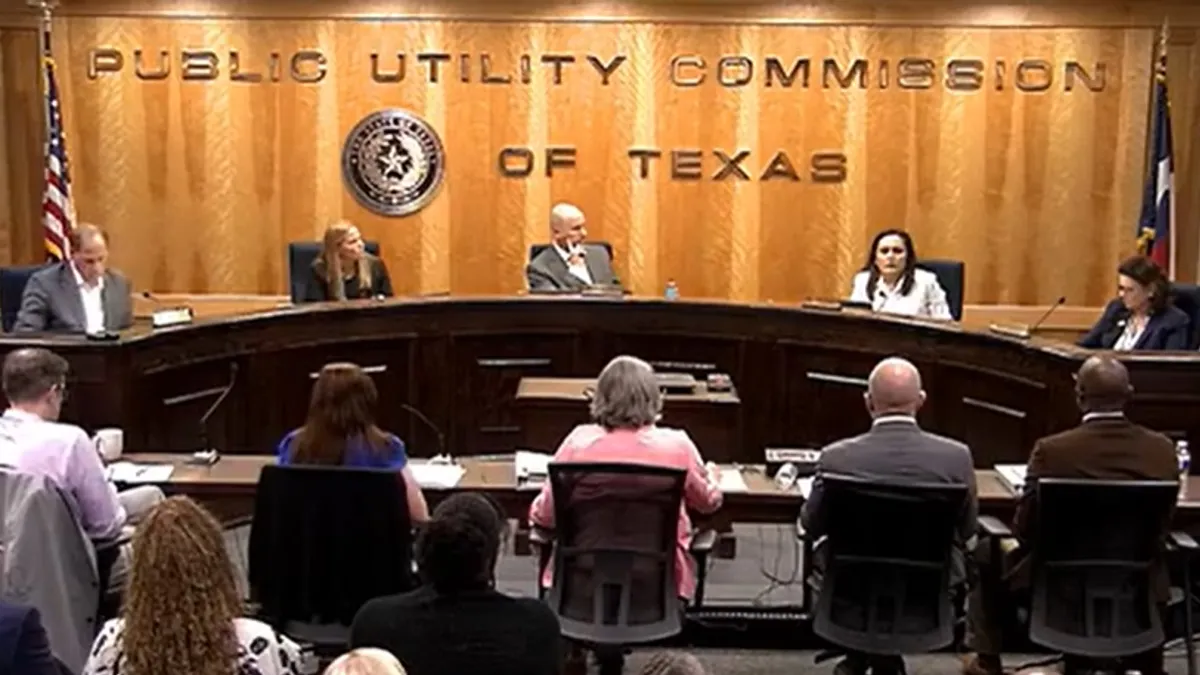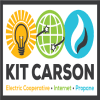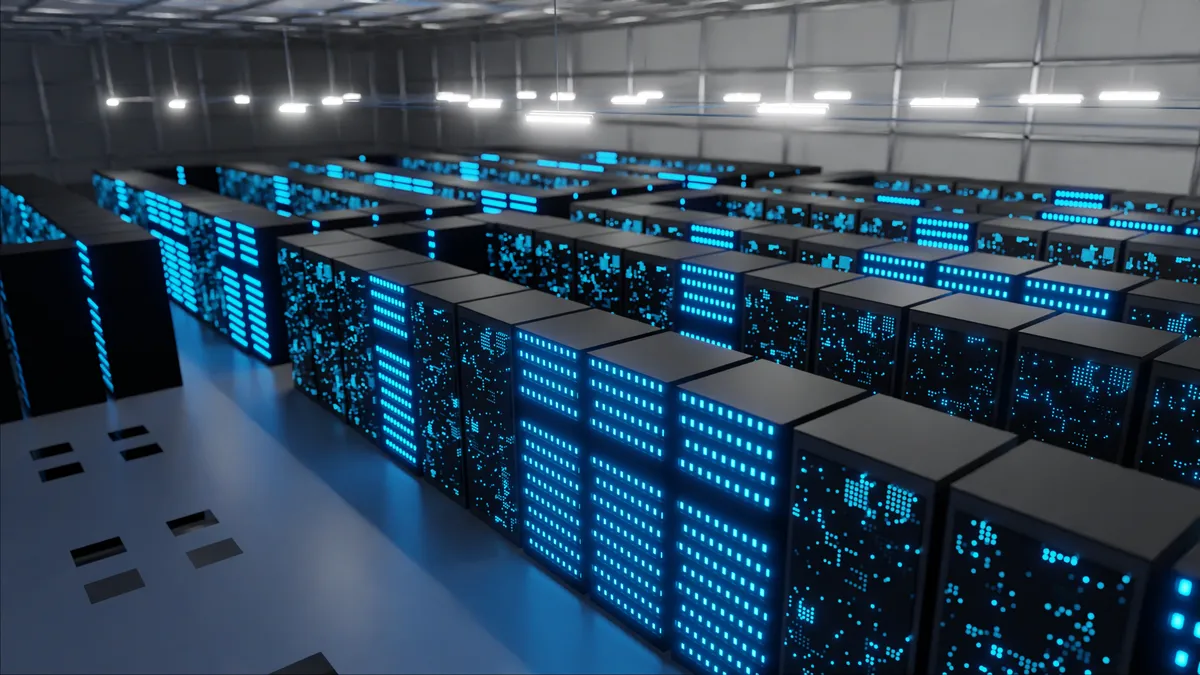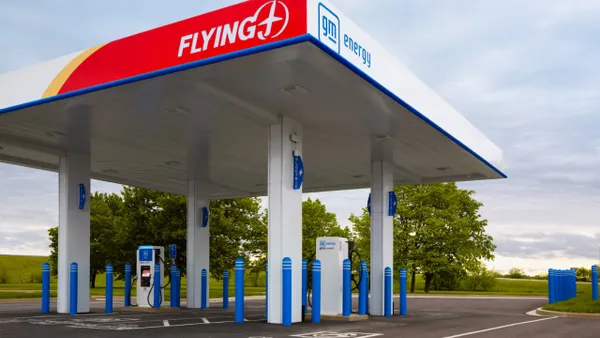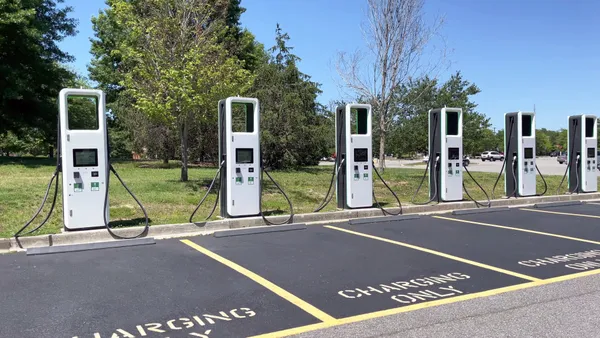LONG BEACH, Calif. — Buckle up, investors, OEMs and fleets. It's going to be a riveting yet challenging ride to zero-emission trucks.
That was the message OEM officials sent to fleets on Monday at the Advanced Clean Transportation Expo at the Long Beach Convention Center, where ACT held the first large in-person conference since April 2019. There, a Monday panel convened to discuss investment and innovative finance methods to develop the future vehicle market.
One shot in the arm that helped create interest from the investment community was Tesla, panelists agreed. Tesla aims to launch its all-electric Class 8 model, the Semi, in 2022.
"Tesla made a lot of investors a lot of money," said Dan Tram, an investment director at Volvo Group Venture Capital, and one of the four panelists. The future of OEMs and their electric trucks all of sudden "became really cool," he said.
Gary Horvat, Navistar vice president of eMobility, told the audience of about 250 attendees that total cost of ownership for electric trucks is more attractive than the total cost of diesel trucks. And the extra benefit is the zero emissions, as well as compliance with a number of growing mandates, such as those in California.
But the biggest hurdle for fleets in going electric is the challenge of charging, said Ryan Cech, head of M&A at XL Fleet. And it's just one question XL Fleet often hears from fleets when they discuss adding electric vehicles. Additional questions include: How much power do I need? How much is installation of chargers? How much is the electricity going to cost?
Thomas Healy, CEO of Hyliion, said the starting costs, which go beyond trucks, are significant. The charging infrastructure for 150 trucks could cost about $30 million, he said. One study found Schneider would pay $8.9 milion in upfront costs, if it were to electrify its 42-truck fleet based outside of Stockton, California. Cost is why fleets are right now passing on large-scale adoption, according to Healy.
Hyliion makes a Class 8 model that, by using a natural gas generator, generates electricity on-board. Hyliion was able to go to market as a publicly traded company in June 2020 by merging with Tortoise Acquisition.
Healy said right now, the needs for charging trucks is significant. Healy said a study by Daimler Trucks North America, which endorsed battery-electric trucks over hydrogen-using fuel-cell electric vehicles, found that just two of its trucks needed as many megawatts to charge as is needed to power its entire truck factory.
Thus, before fleets begin using trucks, they are diving into the details, Healy said. Healy said the future of green trucking will likely be a mix of options, just as trucking fuel is diverse now.
Still, despite the challenges, Horvat said the goal by the industry and the policymakers is zero emissions, likely ruling out natural gas and hybrid models.
"It's got to be zero," said Horvat. "The endgame is zero."


